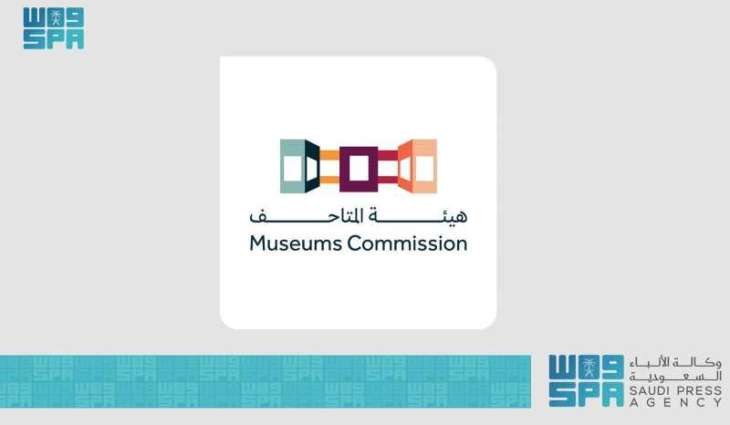Riyadh, September (پاکستان پوائنٹ نیوز 26 سبتمبر 2025ء) The session was attended by Dammam Regional Museum of Pearls, Gold, and Gemstones Director Eng. Arif Alsultan, Hail Regional Museum of Rock Art manager Sulaiman Altorjom, Najran Regional Museum of Mud Architecture director Jazi Alghubari, and artist and researcher Moath Alofi.
The talk was moderated by Museums Commission Director of Public Relations and Content Attia Alrajhi, who provided an overview of the Kingdom's eleven regional museums and their unique features. He outlined the commission's broader goals, which include expanding access to cultural heritage and adopting innovative approaches to museum curation and display.
During the discussion, participants highlighted how museum collections reflect the unique heritage of each region, serving as a living record of place and identity. Examples include diving tools in Eastern Region, capturing the maritime legacy and local economy; the mudbrick architecture of Najran, which showcases adaptation to climate and natural resources; and the rock carvings of Hail, documenting waves of settlement and the evolution of symbolic expression over time.
The conversation also emphasized the importance of digital documentation and advanced preservation methods to safeguard treasures while ensuring wider accessibility for both the public and researchers.
The second theme of the discussion explored the connection between heritage and contemporary art. Alofi highlighted how heritage-inspired works can bridge the past and the present, conveying cultural messages through creative approaches that resonate with younger audiences. He noted drawing inspiration from inscriptions and traditional architecture, transforming them into educational and interactive art projects, while emphasizing the importance of providing supportive spaces for artists and researchers.
Addressing the role of museums in contributing to national heritage, speakers emphasized that museums serve as vital links between the past and the present, in alignment with the objectives of Saudi Vision 2030. They further highlighted that engaging local communities in museum programs, alongside integrating museum content into educational activities, fosters national belonging.
The session concluded with a discussion on future areas of collaboration, including research and academic partnerships, specialized workshops, digital tours, and virtual and augmented reality applications, as well as initiatives to preserve archaeological sites within their natural environments or through archaeological reproduction when necessary. Participants also agreed on developing joint programs aimed at enhancing the skills of regional museum staff and facilitating the exchange of expertise with local and international institutions.
The Museums Commission emphasized that the session aligns with its strategic vision to position regional museums as community-centered institutions that connect the past with the present and foster cultural engagement. Such efforts contribute to strengthening national identity and building a thriving cultural future for the Kingdom.




